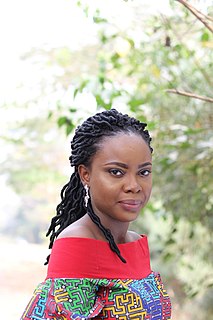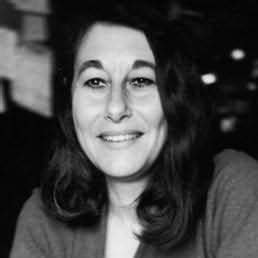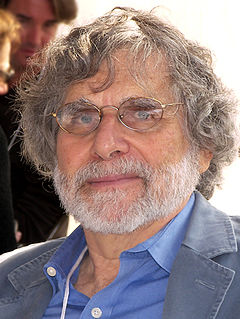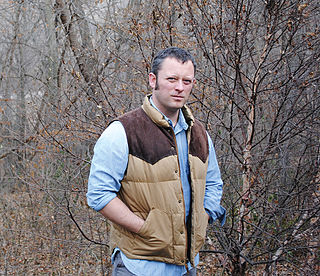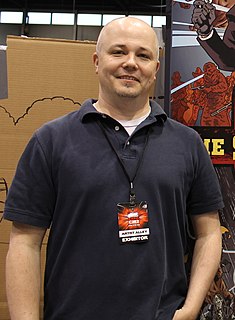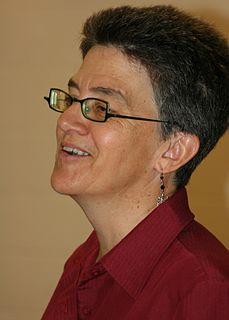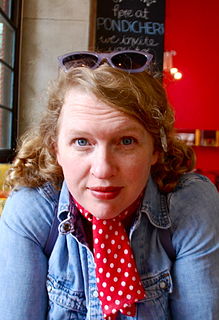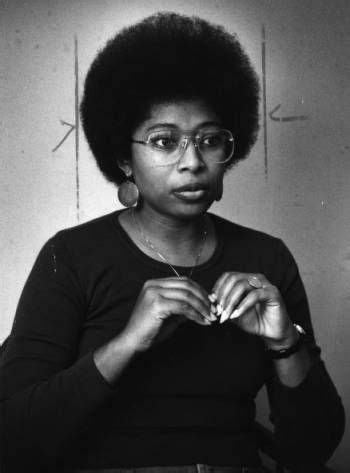Top 1200 Writing Short Stories Quotes & Sayings - Page 3
Explore popular Writing Short Stories quotes.
Last updated on April 20, 2025.
Long before I became a feminist in any explicit way, I had turned from writing love stories about women in which women were losers, and adventure stories about men in which the men were winners, to writing adventure stories about a woman in which the woman won. It was one of the hardest things I ever did in my life.
Sad to think that we won't have any new stories from John Updike, one of the last century's masters. But so many here in the two volumes of his collected stories, 186 by my count, stories to read, reread, savor over the course of a cold season. Updike's genius in the short form spills out of these many, many pages.
I think I succeeded as a writer because I did not come out of an English department. I used to write in the chemistry department. And I wrote some good stuff. If I had been in the English department, the prof would have looked at my short stories, congratulated me on my talent, and then showed me how Joyce or Hemingway handled the same elements of the short story. The prof would have placed me in competition with the greatest writers of all time, and that would have ended my writing career.
Once you have learned to trust your own voice and allowed that creative force inside you to come out, you can direct it to write short stories, novels, and poetry, do revisions, and so on. You have the basic tool to fulfill your writing dreams. But beware. This type of writing will uncover other dreams you have, too-going to Tibet, being the first woman president of the United States, building a solar studio in New Mexico-and they will be in black and white. It will be harder to avoid them.
I think my leap into TV and movies and comics is in a way natural because I'm a visual storyteller. If you look at any one of my short stories or novels, they sort of unscroll cinematically. Every scene is concrete in my mind. I can walk around the room and pick things up. I can describe at length every feature on the character, though I might only supply a glimpse of this on the page. So if I'm writing color into that I'm also writing texture, I'm pushing the image more than anything else.
I was a Teletype operator in the army, so that's where I learned to type. One day, I went downstairs to see if I could still type - I hadn't done it for four or five years after the war. So I typed out a page and I showed it to my wife and she said, "Where did you get this?" I said I wrote it. "You wrote this?" It was something very funny. I went and wrote another page, another couple of pages, and by the time I was finished I had 13 little short stories, humorous short stories.
I like to write short stories more because I never met a writer who wasn't lazy. And a short story is, by its very definition, short. It is something that generally you can turn out in a week to two weeks depending on how well it goes for you. But, at the same time, it gives the same satisfaction of creating a complete world.
I was a lot dumber when I was writing the novel. I felt like worse of a writer because I wrote many of the short stories in one sitting or over maybe three days, and they didn't change that much. There weren't many, many drafts. That made me feel semi-brilliant and part of a magical process. Writing the novel wasn't like that. I would come home every day from my office and say, "Well, I still really like the story, I just wish it was better written." At that point, I didn't realize I was writing a first draft. And the first draft was the hardest part.
The thing I like so much about short stories is that there isn't as much of an investment of time so I'm free to experiment more. If it doesn't work out, I've only lost a week or two of work. If I screw up a novel I've lost at least a year's worth of work. But the nice thing is that those experiments with short stories can be carried over to novels when the experiments do work.
If writing novels is like planting a forest, then writing short stories is more like planting a garden. The two processes complement each other, creating a complete landscape that I treasure. The green foliage of the trees casts a pleasant shade over the earth, and the wind rustles the leaves, which are sometimes dyed a brilliant gold. Meanwhile, in the garden, buds appear on the flowers, and colorful petals attract bees and butterflies, reminding us of the subtle transition from one season to the next.
I'll give you the sole secret of short-story writing, and here it is: Rule 1. Write stories that please yourself. There is no rule 2. The technical points you can get from Bliss Perry. If you can't write a story that pleases yourself, you will never please the public. But in writing the story forget the public.
Writing a song isn't that hard. Writing a good song is difficult. Let's face it, we're faced with taking a complex feeling or event, making words rhyme and saying exactly what we want them to say in a short amount of time. ...the primary reason for keeping it short and to the point is to be certain that you're not boring your audience.
But I am not sure it would contain any short stories. For the short story is a minor art, and it must content itself with moving, exciting and amusing the reader. ...I do not think that there is any (short story) that will give the reader that thrill, that rapture, that fruitful energy which great art can produce.
I have always felt a special affinity with V. S. Pritchett. He worked from the ear, primarily, as I do, and he was an all-rounder, writing short stories, novels, memoir, travelogue, critical biography. He lived to be almost 100, and he never stopped, and his work is unified by a great generosity of spirit.
Don't wait for success, but for the respect and interest of those who read you. At the start it could be a classmate, someone who shares your interests. Before sending off the manuscript for a novel to a publishing house, it would be a good idea to try writing short stories, and publishing them in a local magazine.
I write short stories. They may appear big in size, but when you consider it, they're four or five novels in one... In return for picking up one of my books, I'm trying to give them value for their money... the goal of writing any book is to create the illusion that what you are reading is reality and you're part of it.
We're looking for stories that speak to us. We're looking for stories that connect us with something true. But, instead, a lot of the time we get strippers. All I'm saying is, when boys are writing the stories, the percentage of strippers is bound to go up. And real stories about real women kinda don't get written at all.


